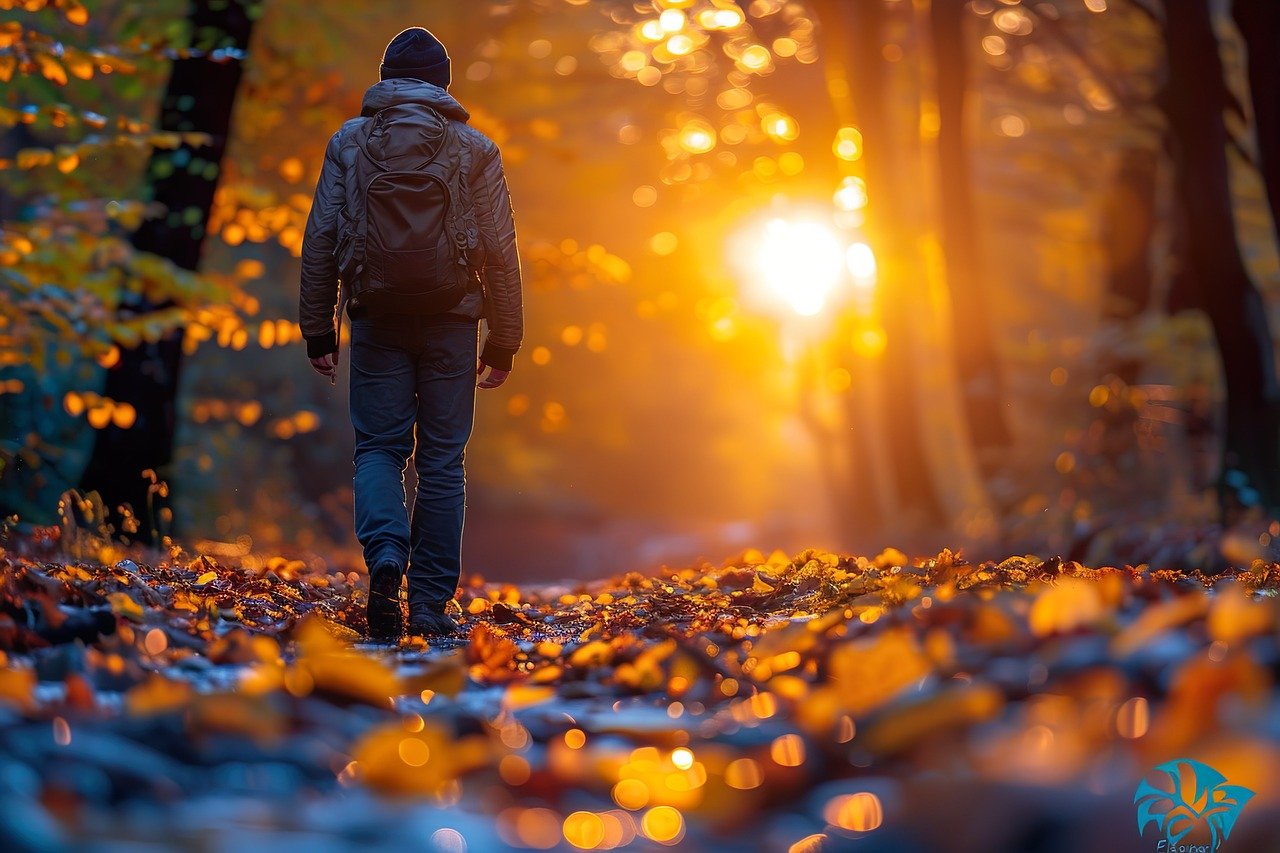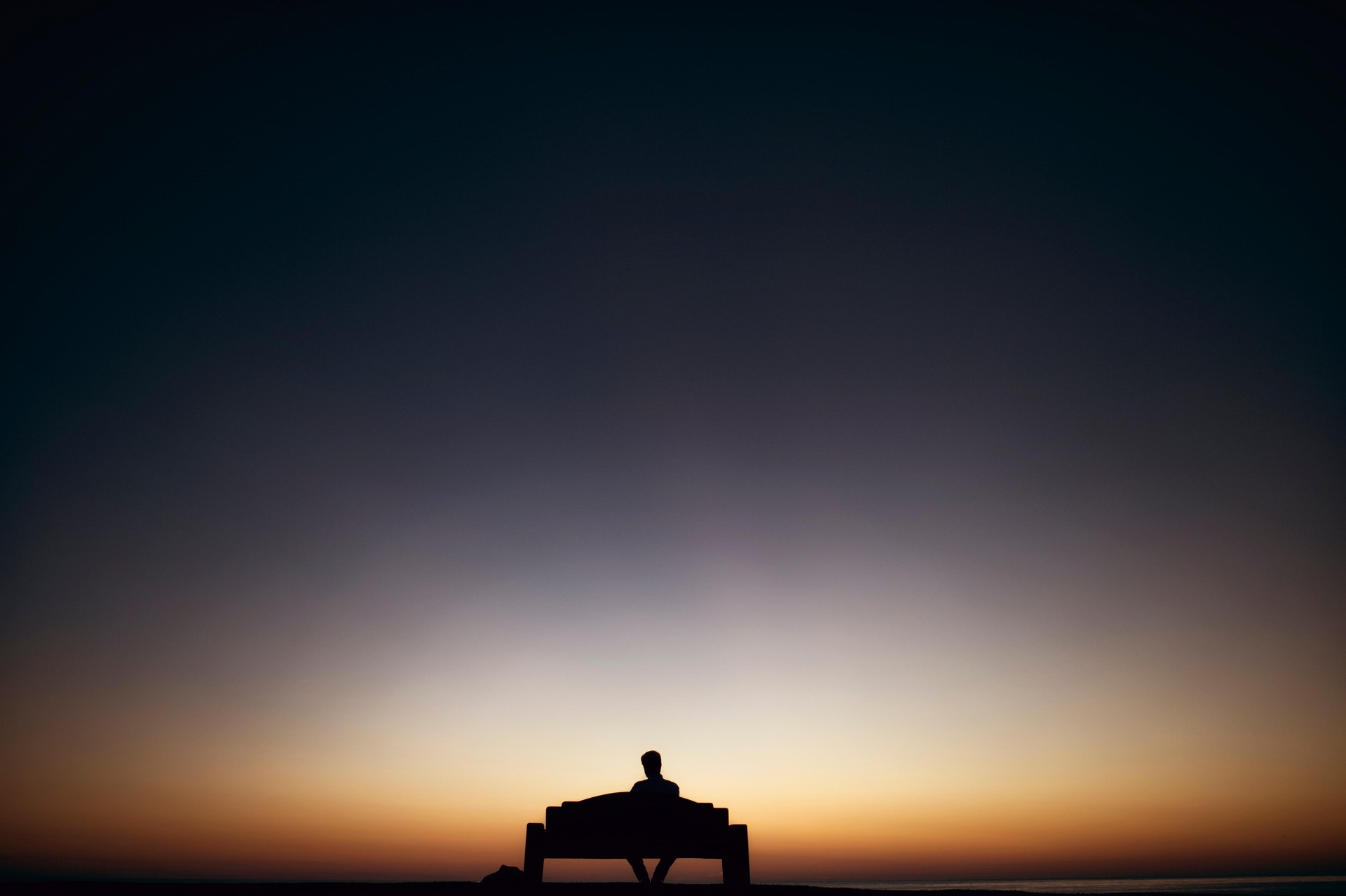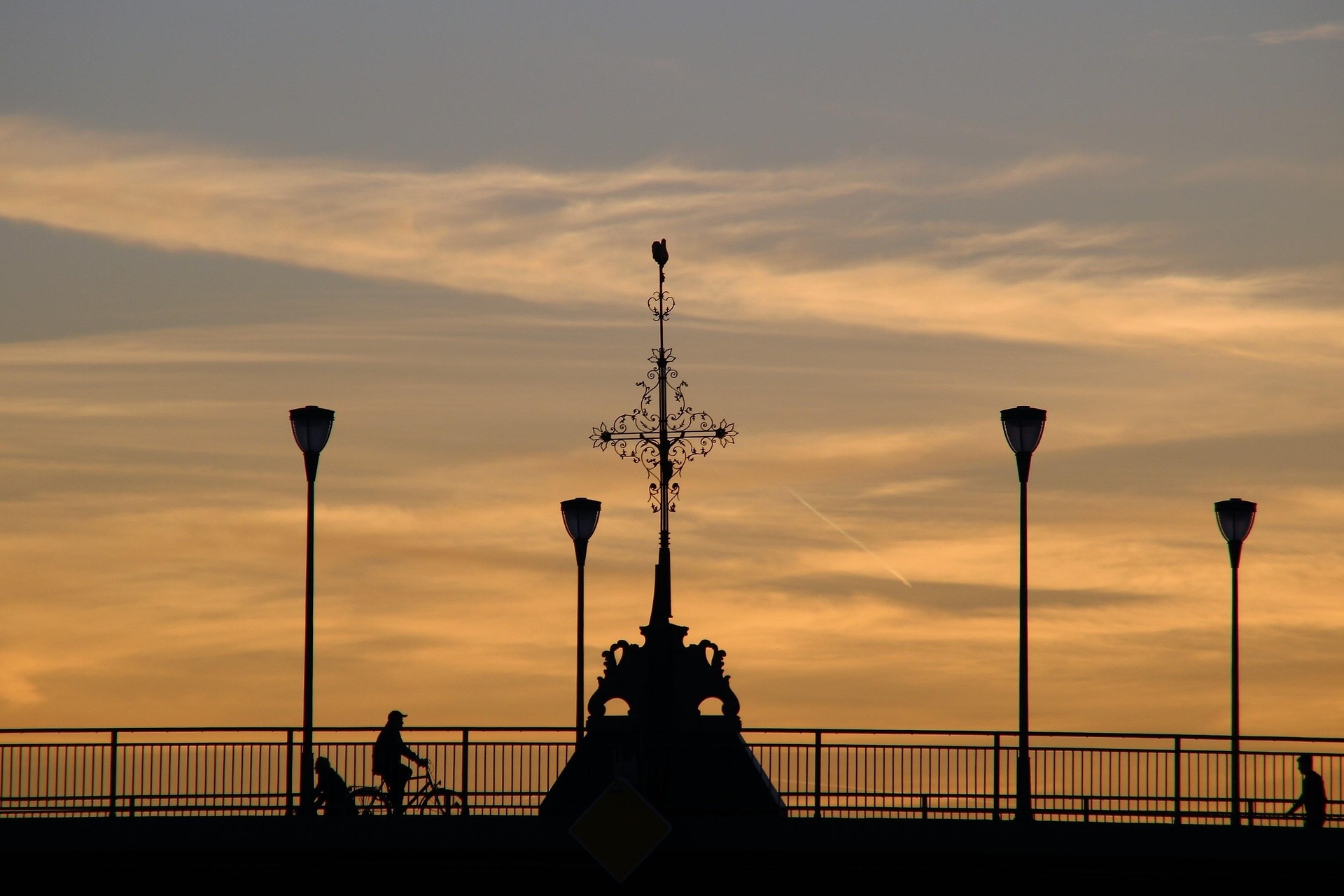An excerpt from John Main OSB, THE HEART OF CREATION: Meditation: a way of setting God free in the world (Norwich: Canterbury, 2007), pp. 10, 11.
Meditation and the constant return to it, every day of your life, is like cutting a pathway through to reality. Once we know our place, we begin to see everything in a new light because we have become who we really are. And becoming who we are, we can now see everything as it is and so begin to see everyone else as they are. . . .We learn through the practice and from the experience how to be rooted in our essential being. We learn that to be rooted in our essential being is to be rooted in God, the author and principle of all reality. And it is no small thing to enter reality, to become real, to become who we are, because in that experience we are freed from all the images that so constantly plague us. We do not have to be anyone’s image of ourselves, but simply the real person we are. [. . . .] Meditation is demanding. We must learn to meditate whether we feel like it or not, whether it is raining or snowing, or the sun is shining. . .or whatever kind of day we have had. In the Christian vision of meditation, a perspective gained from the words of Jesus, we find the reality of the great paradox he teaches: if we want to find our lives we have to be prepared to lose them. In meditating, that is exactly what we do. We find ourselves because we are prepared to let go of ourselves, to launch out into the depths, the depths of God. [. . . .]
Reflect on these words from the first Letter of St. John in relation to your life’s journey: Here is the message we heard from him and pass on to you: God is light and in him there is no darkness at all. (1 Jn. 1:1-5) It is our call to come into that light and so to leave utterly behind all darkness. And the way to that light is the way of humility in silence, the way of the mantra.
After Meditation: “Early Spring in the Field, Tom Hennen, DARKNESS STICKS TO EVERYTHING: Collected and New Poems (Port Townsend, Copper Canyon Press, 2013), p. 108.
The crow’s voice filtered through the walls of the farmhouse
makes sounds of a rusty car engine turning over. Clouds on a
north wind that whistles softly and cold. Spruce trees planted
in a line on the south side of the house weave and scrape at the
air. I’ve walked to a far field, to a fence line of rocks where I am
surprised to see soft mud this raw day. No new tracks in the
mud, only desiccated grass among the rocks, a bare grove of
trees in the distance, a blue sky thin as an eggshell with a crack
of dark geese running through it, their voices faint and almost
troubled as they disappear in a wedge that has opened at last
the cold heart of winter.




